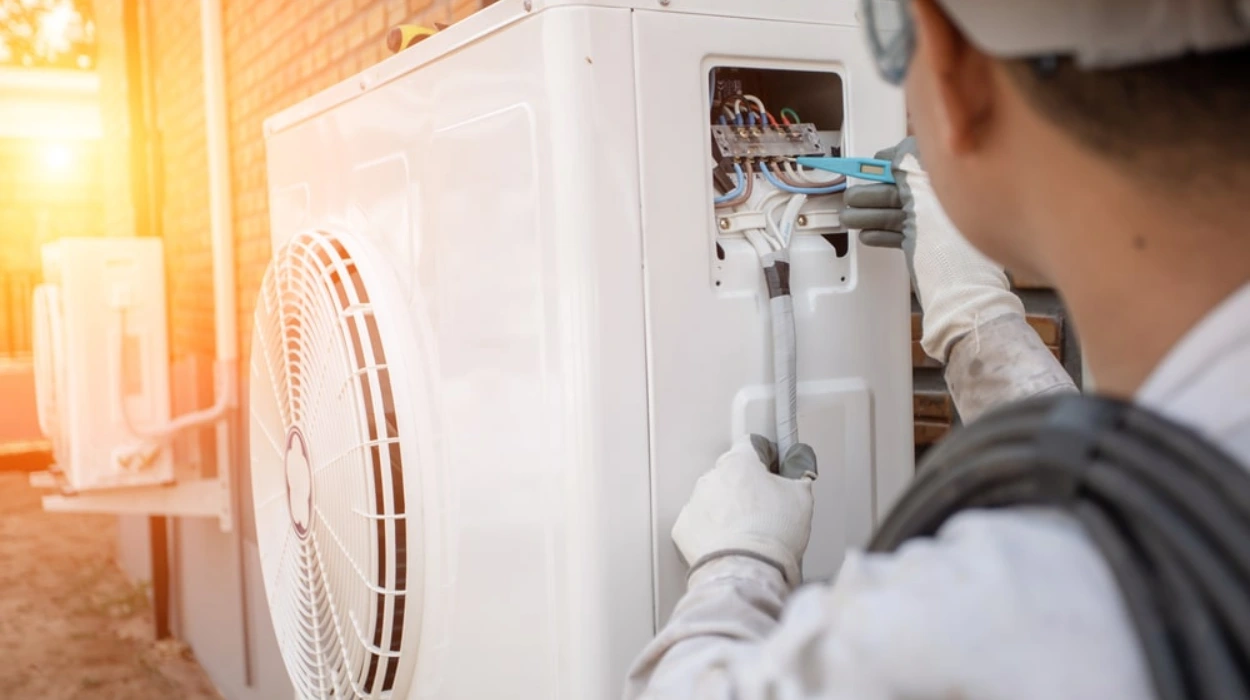The UK government has announced its plans to incentivise citizens to install low-carbon heating systems in the hope of reducing the nations carbon emissions.
Through the new Heat and Buildings Strategy, the Government has set out its plans to encourage households to install low-carbon heating systems in a bid to replace older boiler models over the coming decade.
The government strategy aims to significantly reduce the UK’s dependency on fossil fuels and susceptibility to global price spikes, such as the recent gas spike that has resulted in the closure of trading for several gas suppliers in the country.
The heat and buildings strategy also aims to make it cheaper for households to install new more efficient boiler systems whilst supporting up to 240,000 jobs across the UK by 2035.
Through the new £450 million 3-year Boiler Upgrade Scheme, homeowners will be able to take advantage of a new grant from April next year of up to £5,000 to help install more efficient, low carbon heating systems like heat pumps.
These grants mean homeowners who choose to install a heat pump will be able to pay a similar amount as if they were installing a traditional gas boiler.
The Boiler Upgrade Scheme is part of a more than £3.9 billion Housing Decarbonisation funding scheme that aims at decarbonising heating and buildings throughout the United Kingdom.
Prime Minister Boris Johnson said: “As we clean up the way we heat our homes over the next decade, we are backing our brilliant innovators to make clean technology like heat pumps as cheap to buy and run as gas boilers.”
The Government has continued to highlight the importance of technology like heat pumps in helping to reduce carbon emissions whilst also supporting ongoing trials and research into possible future heating systems such as hydrogen.
Business and Energy Secretary Kwasi Kwarteng said “Recent volatile global gas prices have highlighted the need to double down on our efforts to reduce Britain’s reliance on fossil fuels.”
The scheme is part of the Government’s plans to reach net-zero by 2050 and will run alongside other funding packages such as the Social Housing Decarbonisation Fund and Home Upgrade Grant in sweeping reforms that aim to encourage households to install low-carbon energy measures.
These funding programs and schemes hope to help low-income households switch to more green energy focused alternatives.
The Government has also highlighted further aims to improve heating efficiency through the Heat Network Efficiency Scheme (HNES). This scheme will help the existing heating networks in the nation by ensuring they are running at optimal levels to maximise carbon savings.
At present, there are over 14,000 heat networks in the UK, providing heating and hot water to around 480,000 consumers.
With just a few days to go before global leaders meet in Glasgow for the COP26 conference, it’s to be expected that UK leaders will continue to announce further climate-focused reforms.

